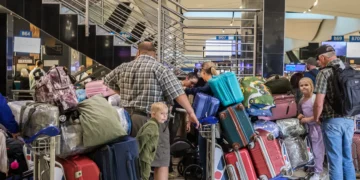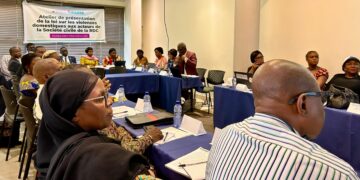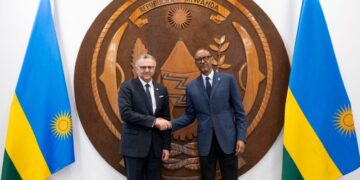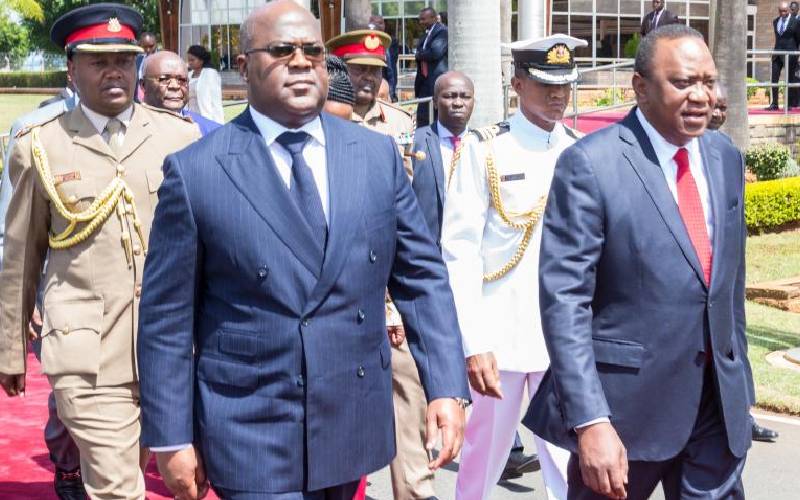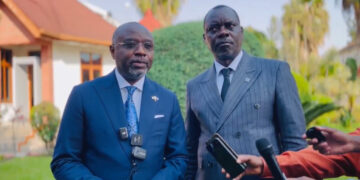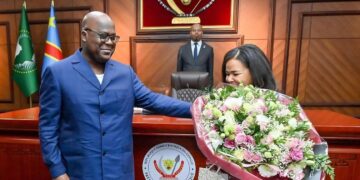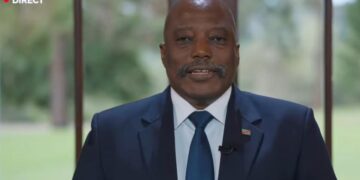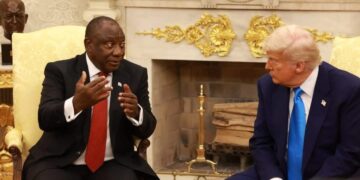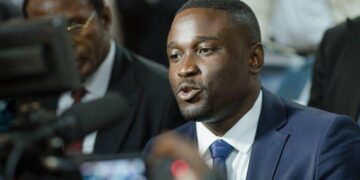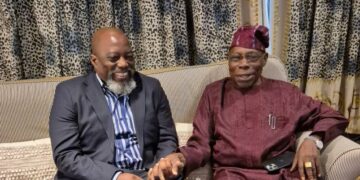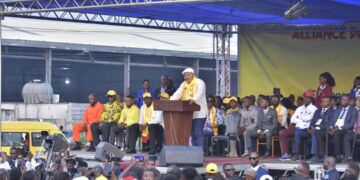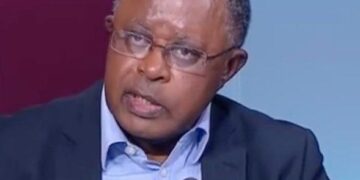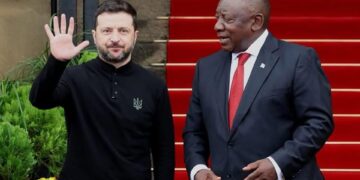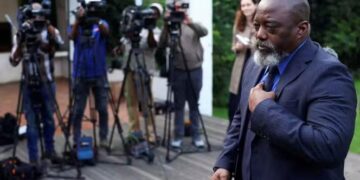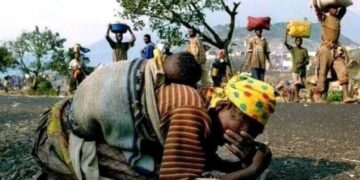Early Life and Formation
Robert Francis Prevost was born on September 14, 1955, in Chicago, Illinois, into a devout Catholic family of modest means. He joined the Order of Saint Augustine (O.S.A.) and pursued theological studies both in the United States and in Rome, where he earned a doctorate in canon law at the Pontifical University of St. Thomas Aquinas (Angelicum).
Missionary Work in Peru
One of the defining chapters of his life was his missionary service in Chiclayo, Peru, where he worked for years in a poor, largely indigenous region. There, he gained a reputation as a compassionate pastor, deeply attentive to the needs of marginalized communities. His ability to speak fluent Spanish and understand Latin American realities made him a respected figure across the continent.
In 2004, he was appointed bishop of Chiclayo by Pope John Paul II, and later confirmed by Pope Benedict XVI. His leadership was marked by transparency, active listening, and a strong commitment to lay involvement in the Church.
Role in the Vatican
In 2020, Pope Francis brought him to Rome to serve as Prefect of the Dicastery for Bishops, one of the most influential positions in the Roman Curia. In this role, Cardinal Prevost was responsible for the selection of bishops around the world — a job that shaped the Church’s leadership globally. He was known for valuing pastoral experience, humility, and fidelity to Vatican II principles.
His moderate yet reform-minded stance aligned closely with Pope Francis’ vision of a more synodal, inclusive, and missionary Church.
Election as Pope
During the 2025 conclave, Prevost emerged as a unifying candidate. Cardinals appreciated his international experience, his calm demeanor, and his deep theological grounding. His election was seen as a continuity with Pope Francis’ priorities — but also a readiness to address pressing issues like clerical abuse, declining vocations in the West, and the role of women in Church leadership.
Choice of Name: Leo XIV
By choosing the name Leo XIV, the new pope signals a desire to connect with Pope Leo XIII, a reformer and social advocate known for the landmark encyclical Rerum Novarum, which laid the foundation of modern Catholic social teaching. It suggests a pontificate attentive to workers, the poor, and ethical leadership in a time of global unrest.
What to Expect from His Pontificate
As Pope, Leo XIV is expected to:
• Continue curial reforms and financial transparency.
• Promote the synodal path initiated by Pope Francis.
• Focus on environmental and social justice issues.
• Strengthen the Church’s presence in the Global South.
• Engage youth and rebuild trust in regions facing disillusionment.
His tone is expected to be pastoral rather than political, marked by bridge-building rather than confrontation.


